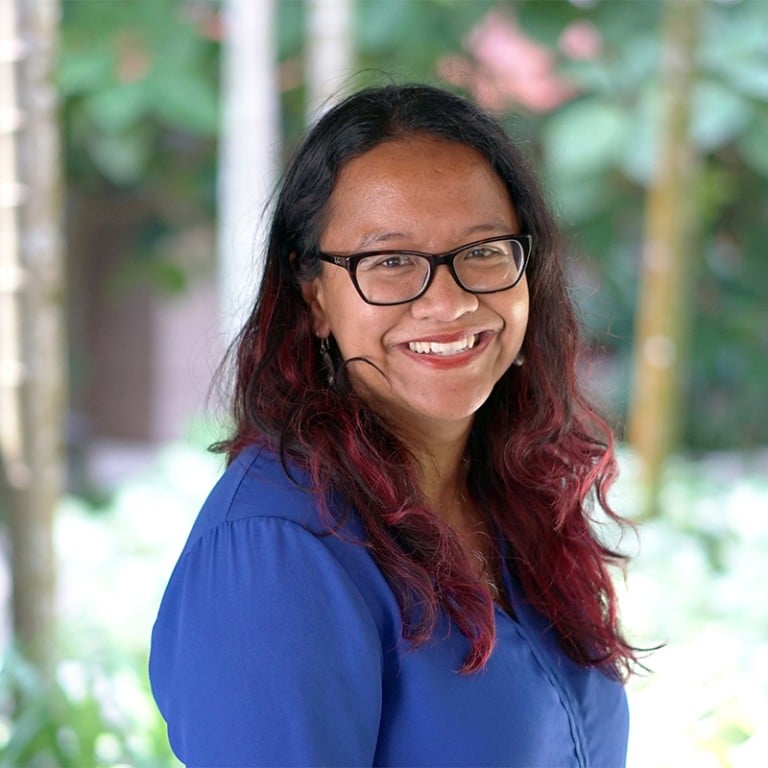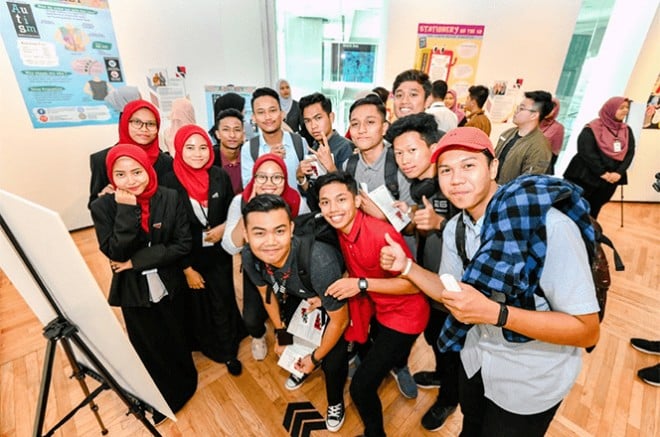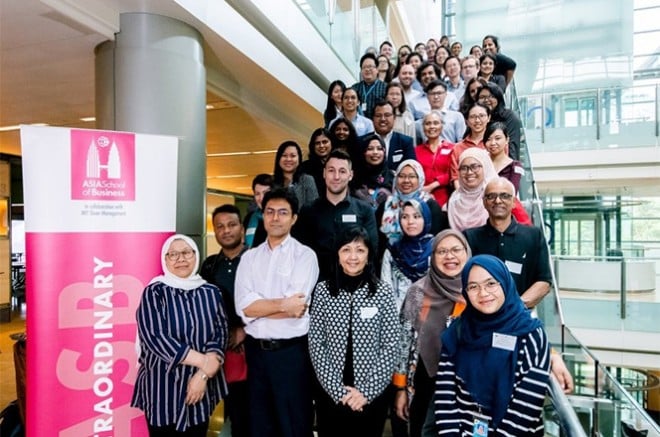
Prof Melati Nungsari: "What can I do that helps solve problems?"
Covid-19 has shown us how interconnected we are, serving as a wake-up call that we need to work together to solve pressing societal challenges. At the Asia School of Business (ASB), Prof Melati Nungsari is using her work to address some of these challenges.
[Sponsored Article]
Prof Melati Nungsari, Assistant Professor of Economics at ASB and International Faculty Fellow at MIT, is a microeconomist who focuses on industrial organization and labor economics. She found herself pursuing topics of income distribution, how people get jobs, and skills matching, by asking herself: “What can I do that helps solve problems?”
At ASB, she found the opportunity to combine her interests and microeconomics lens to solve pressing regional challenges.
“If I was going to give up my job [in the US] and move back home, I wanted to have a broad impact. I got involved with supporting undocumented migrants and refugees and youth unemployment in Malaysia, as those are big issues here,” said Melati.
Since joining ASB, she’s led research projects involving supporting undocumented migrants and reducing youth unemployment in Malaysia.
Equipping at-risk youths with entrepreneurial skills
Since 2019, Melati has trained hundreds of at-risk Malaysian youths in entrepreneurship under RYSE (Rapid Youth Success Entrepreneurship), a project she founded and leads.
Melati launched RYSE, aiming to build a curriculum similar to MIT’s, but more localized and accessible for Malaysian youth. She also took a research-based approach it RYSE, gathering data that would help in understanding how to improve entrepreneurial outcomes.

“We started with training urban youth, and have since extended our reach to rural areas in Malaysia, such as Semporna in Borneo.”
RYSE also empowers promising young entrepreneurs with seed funding and coaching to launch their ventures. For three consecutive years, the Citi Foundation has funded RYSE, marking almost MYR2mil in funding to date.
Advocating for refugees, migrant workers, and vulnerable groups

In 2018, Melati, together with Prof. Sam Flanders from ASB and peers from Universiti Putra Malaysia, published a free textbook with UNHCR Malaysia to teach refugees conversational Malay language. Simultaneously, Melati and Sam are conducting an ongoing project to measure the impact of language training on the economic and social outcomes of refugees.
During 2020, Melati also received a WHO (World Health Organization) research grant and was engaged by the UN Development Fund to study the effects of the pandemic on vulnerable groups and human rights in Malaysia.
Melati is also Faculty Director for the Maybank-endowed ASEAN Research Center. “We were given a USD5mil grant to start this center to fill the gap in research on ASEAN-specific issues.” The Center’s first flagship project, launched in 2021, focuses on understanding how Covid-19 has affected small businesses and roadside hawkers throughout Malaysia.
Educating future CEOs on worker and social issues
This research work informs Melati’s classroom approach. “I ask students to think beyond managerial considerations – to leadership and strategic issues, like labor rights and social justice considerations.”
For instance, during the pandemic, there were “problematic issues with worker management – leading to outbreaks and clusters,” emphasized Melati. She believes these circumstances were due in part to “a lack of understanding of how life is for workers.” When teaching, she aims to educate her students, who may become future CEOs and founders, so that “when they lead companies, they don’t overlook these issues.” These issues are pertinent for any business leader, emphasized Melati.
“We are seeing a rise of conscious capitalism - consumers are demanding that brands align with their values. More global brands are aligning with social issues. Businesses need to understand the labor aspect of business, as worker issues have an impact on brand reputation and sales. Businesses have a big role to play in solving these issues.”
To learn more about ASB, visit www.asb.edu.my.
